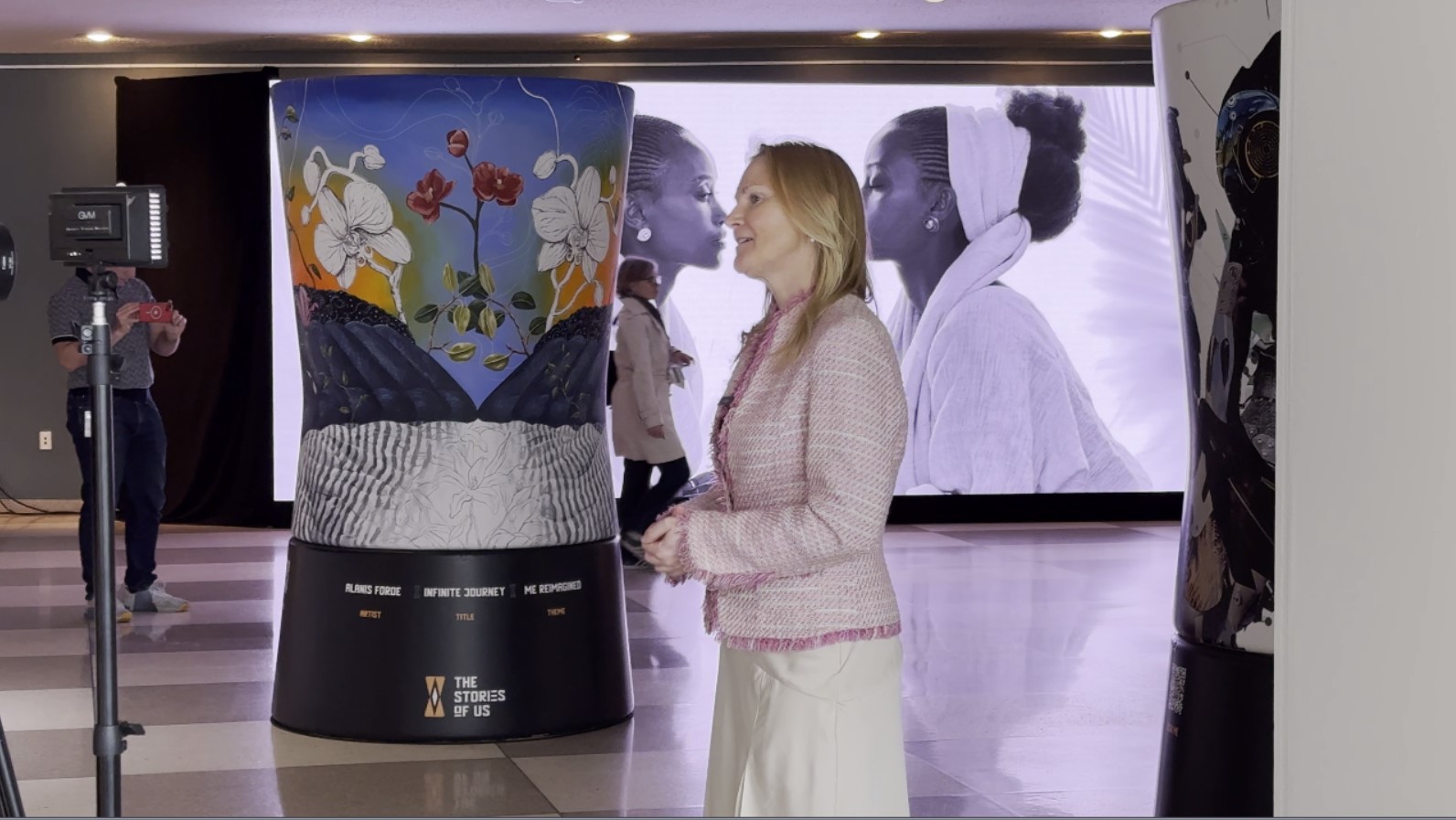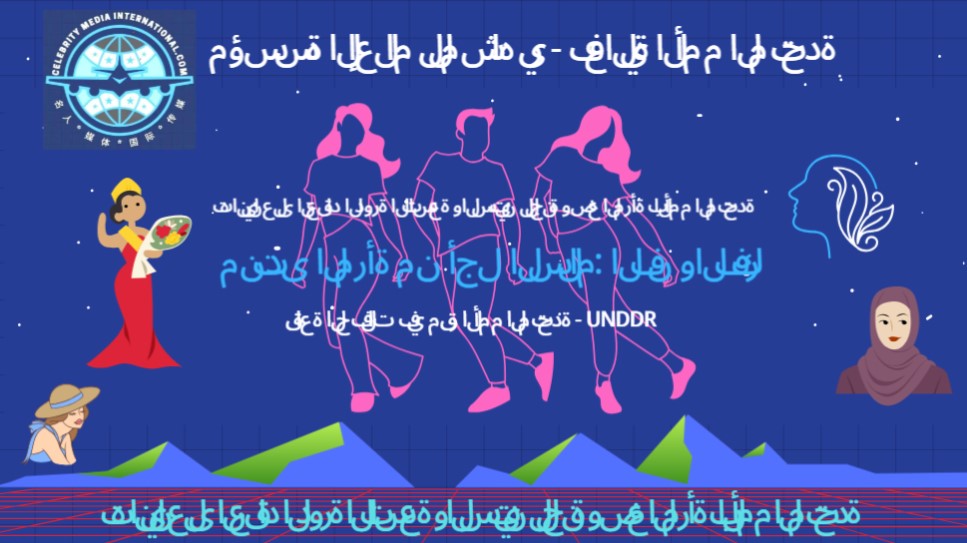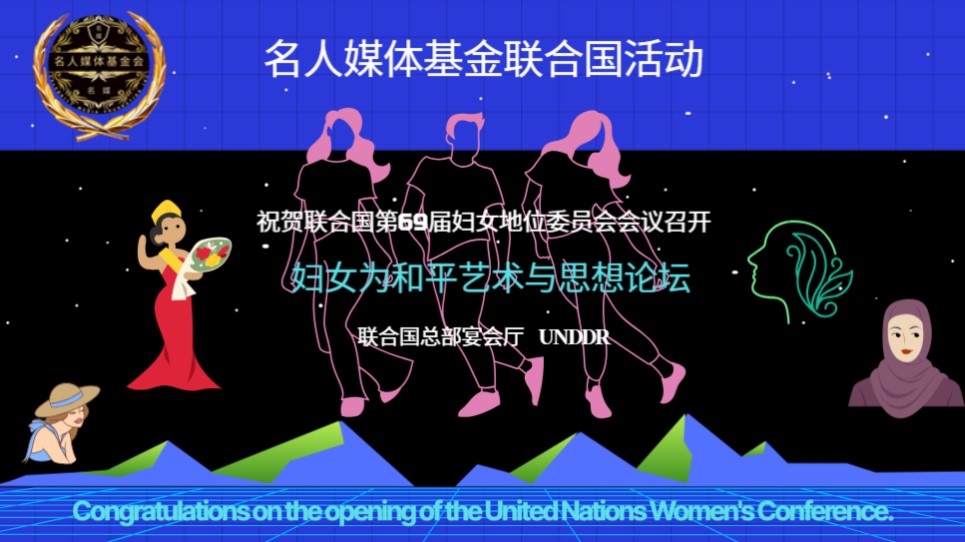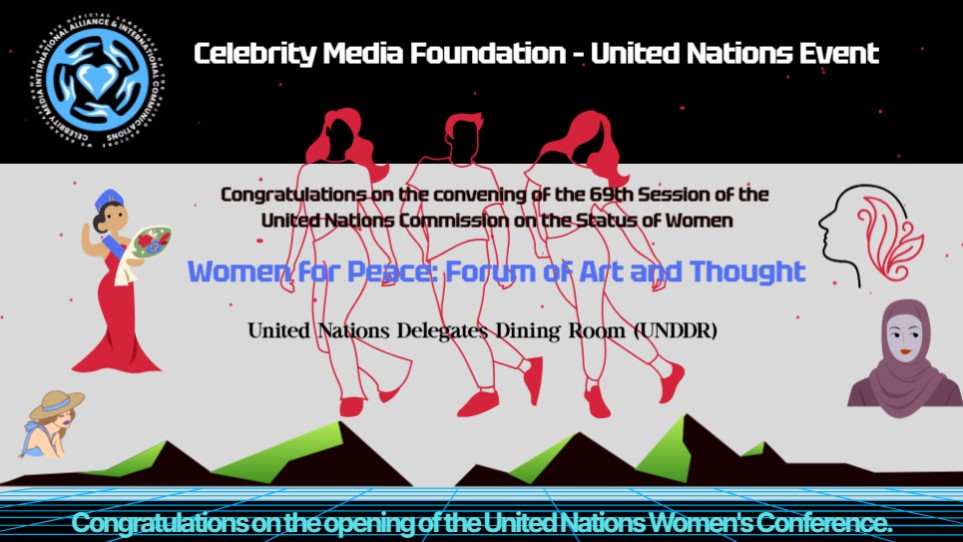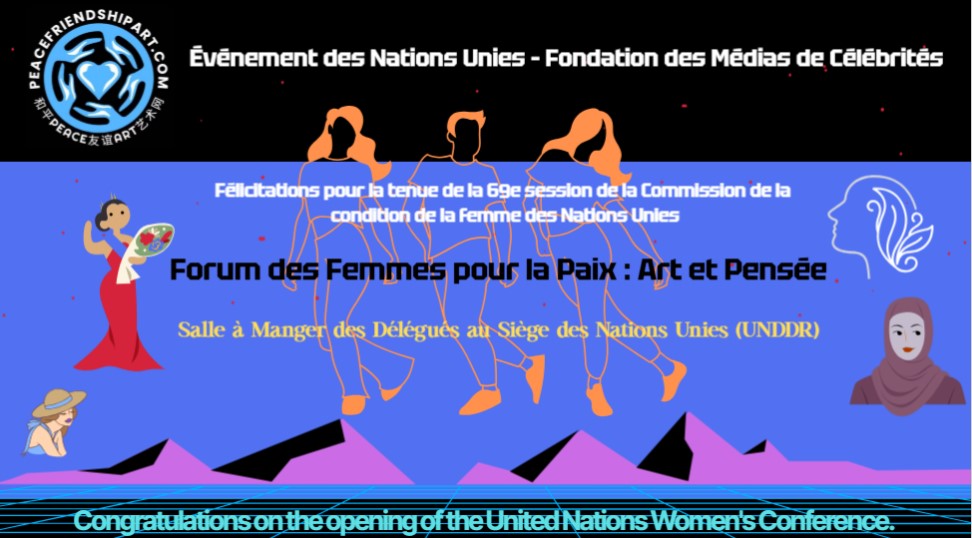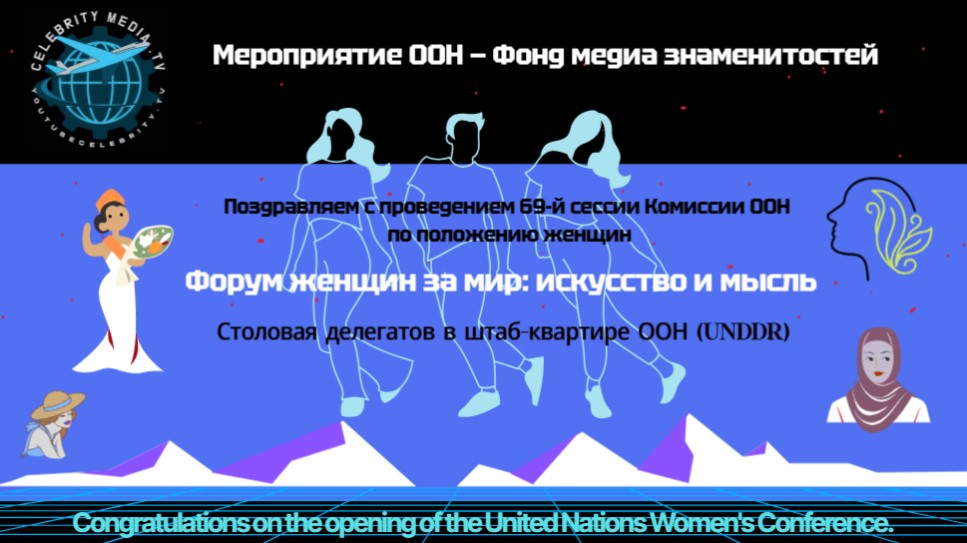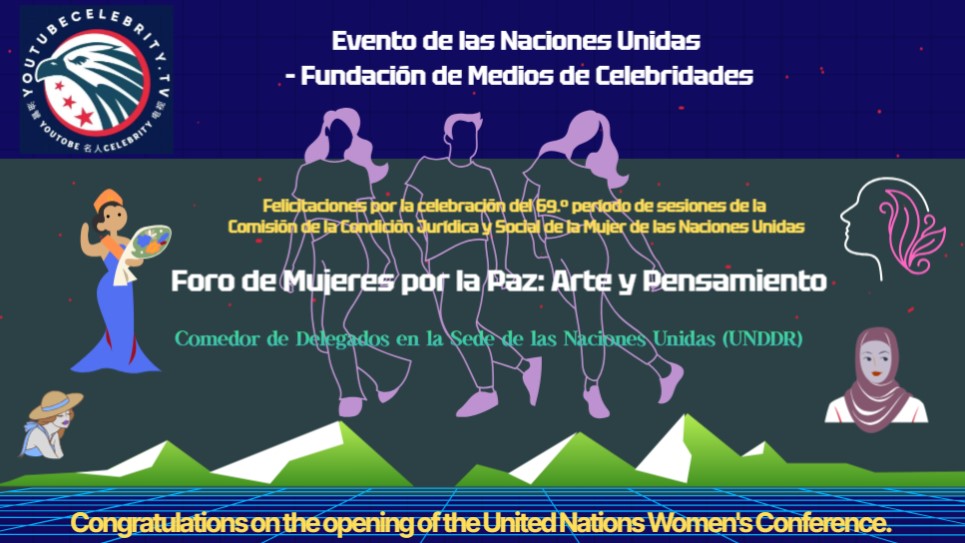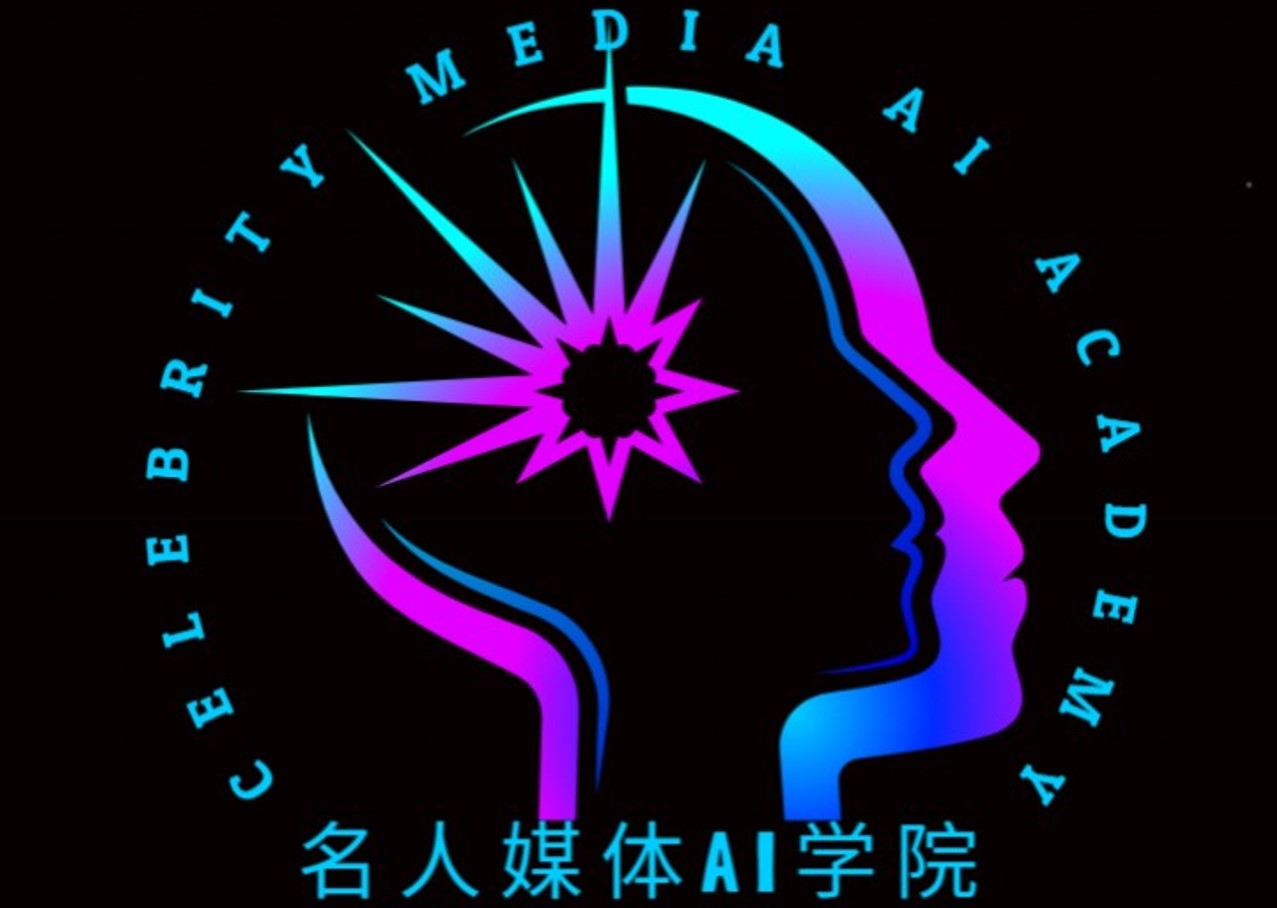Celebrity Media Commentator: The 69th Session of the United Nations Commission on the Status of Women (CSW69) was held at the UN Headquarters from March 10 to 21. With the recommendation and arrangement of celebrity media, Mr. Ahmed Fathi, President of ATN American Television News, conducted an exclusive interview with representatives of a Chinese entrepreneur delegation.
In the spring of 2025, as women delegates from around the world once again walk into the UN Headquarters press hall, a familiar and determined figure appears—Ahmed Fathi, a veteran journalist active in the UN News Center for many years and President of ATN American Television News, busy preparing in-depth news coverage of CSW69. His camera always captures the easily overlooked yet crucial corners of the conference, and his questions consistently touch on the deepest issues of human concern.
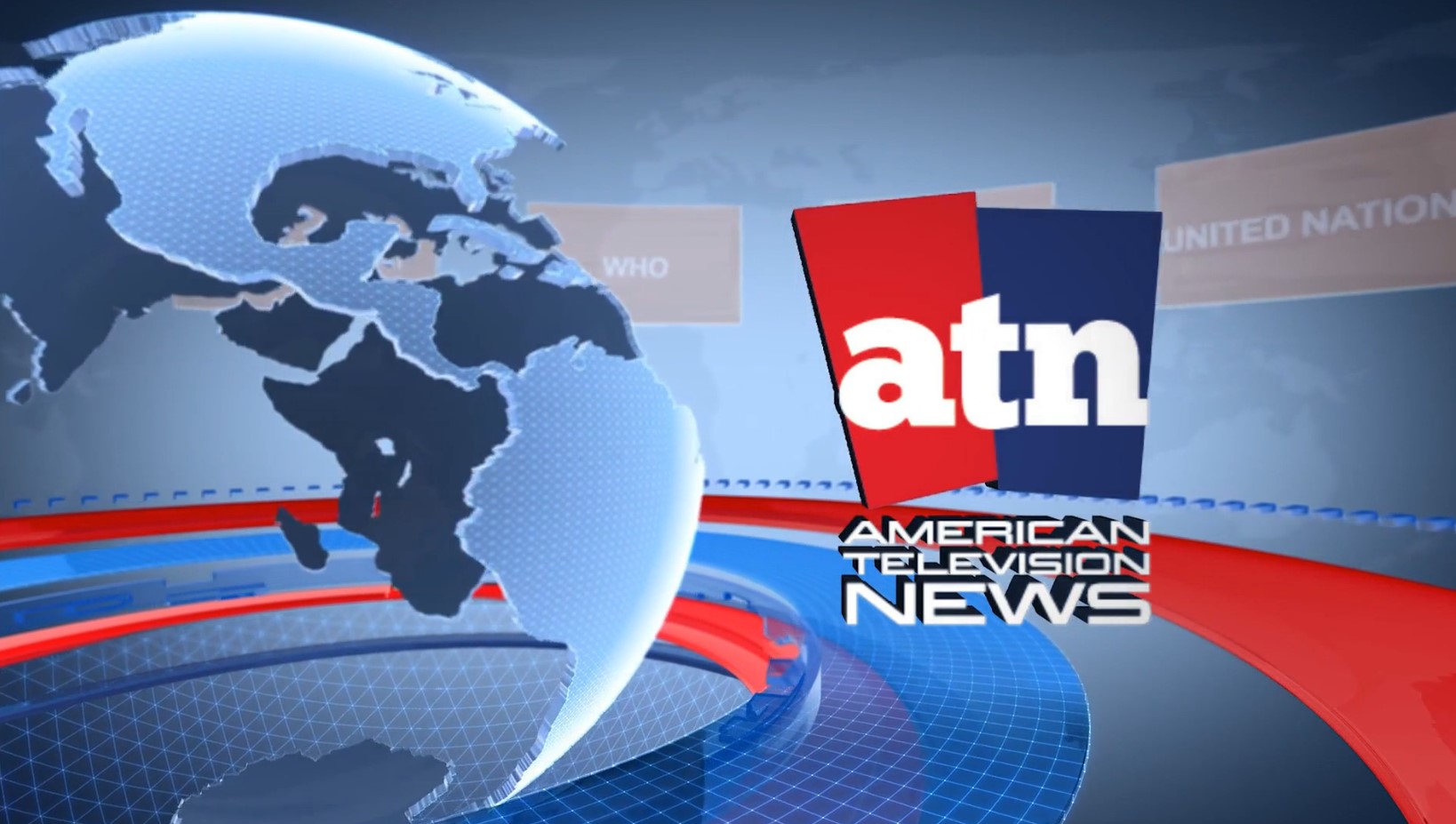
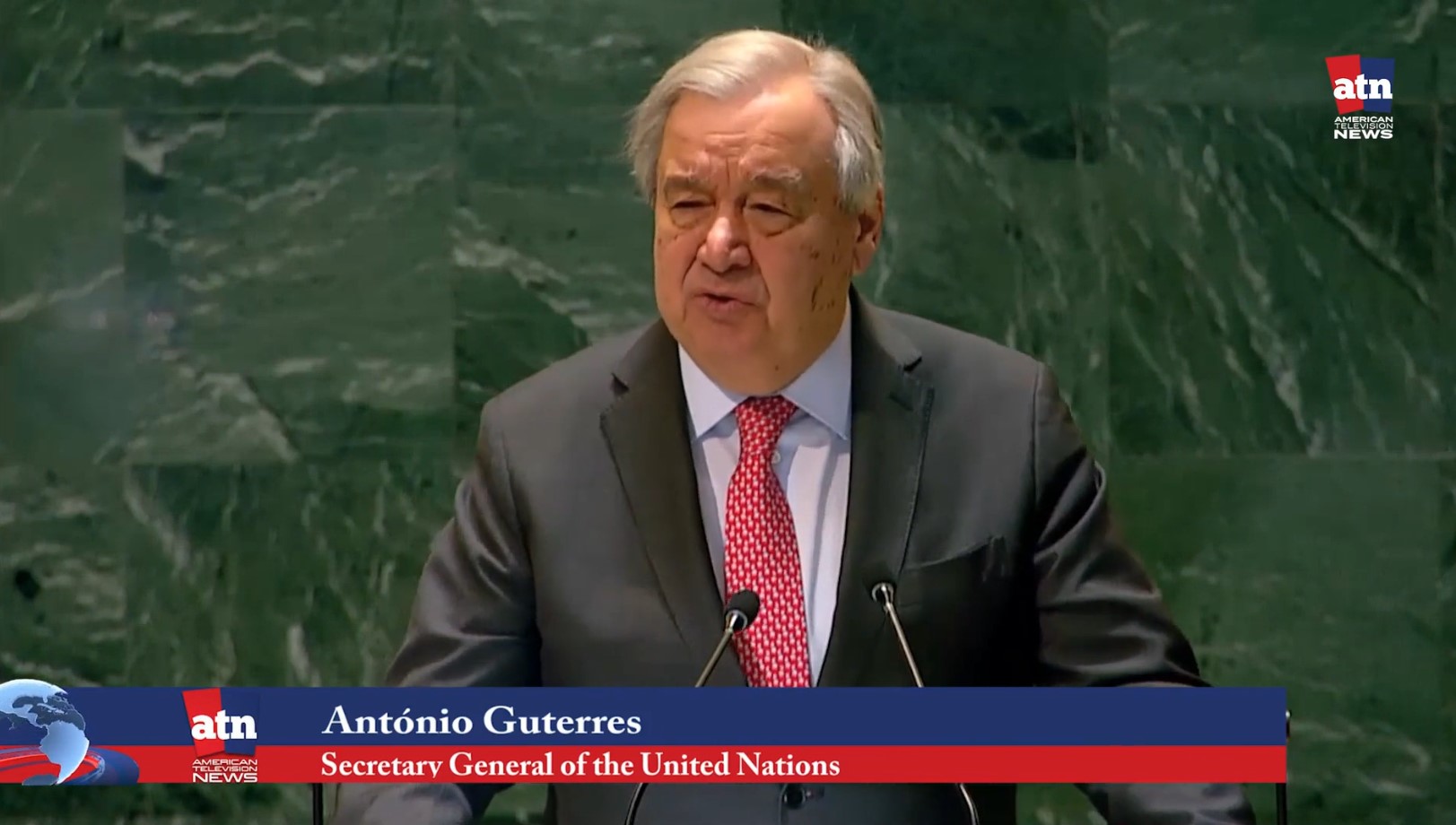
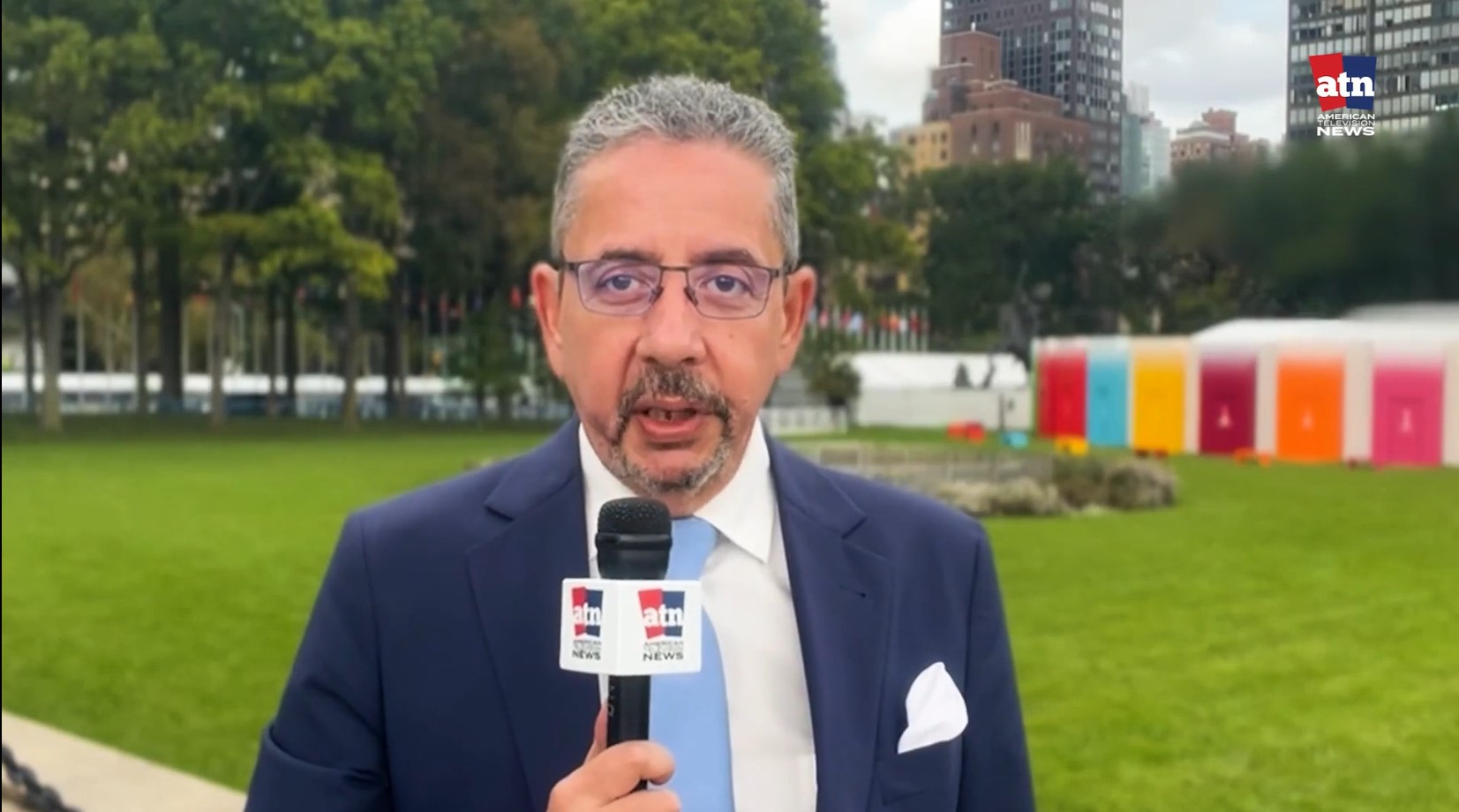
The soul of a journalist, standing at the turning point of narrative, as an Egyptian-American journalist, Ahmed Fathi has long traveled across five continents. From Middle East conflicts to the European Parliament, from impoverished communities in South America to innovation industries in East Asia, his reporting never stops at the surface of "facts" but constantly questions the underlying "meaning." In an era where global narratives are shaped by capital and algorithms, he insists on telling stories through multiple languages, cultures, and dimensions—this persistence led him to focus his lens at CSW69 on a non-traditional UN “main character”: a delegation of female entrepreneurs from China.
Who is telling the future? Who is focusing on women’s topics, while many media still focus on traditional government representatives and policymakers, Ahmed chose to interview Chinese female entrepreneurs who are innovating reality and influencing the world through action. They are not politicians or scholars, but with an impressive spirit of “social entrepreneurship,” they introduced cutting-edge concepts like postpartum care, mental development, AI platforms, aesthetic technology, and the blue economy into the UN dialogue space.
Ahmed focuses not only on their achievements but also on how those achievements are understood across cultures and globally disseminated. That is his true profession—not just as the head of a media organization, but as a builder of narrative ecosystems. He knows that only when non-Western, non-mainstream stories are shared professionally, clearly, and with contextual respect can true global consensus emerge.
These stories, carefully curated by Ahmed’s team, become “global content assets” that audiences in the U.S., Latin America, and Arabic-speaking countries can understand and connect with. He is not just a reporter, but a global content strategist who transforms marginalized voices into mainstream narratives.
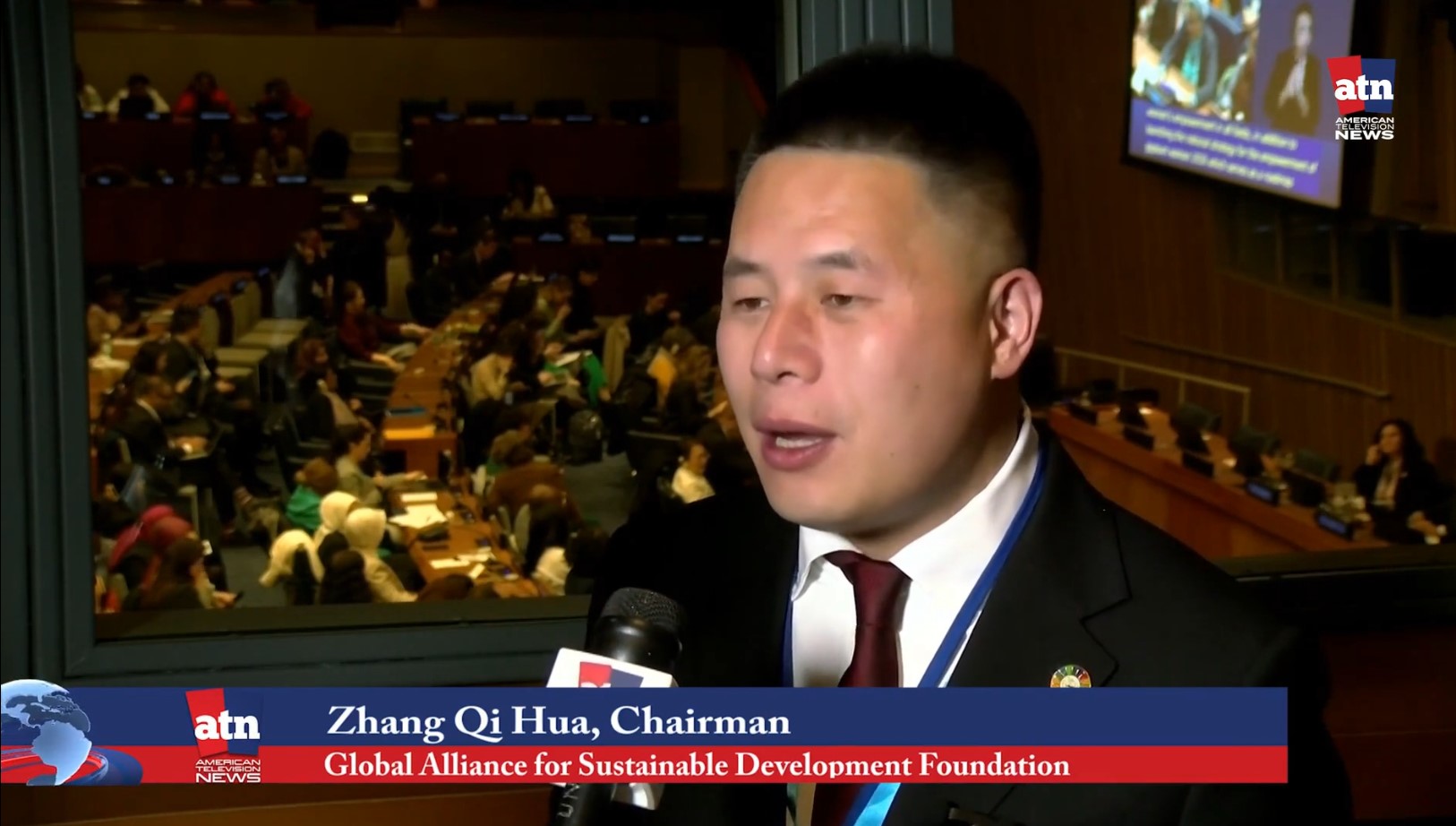
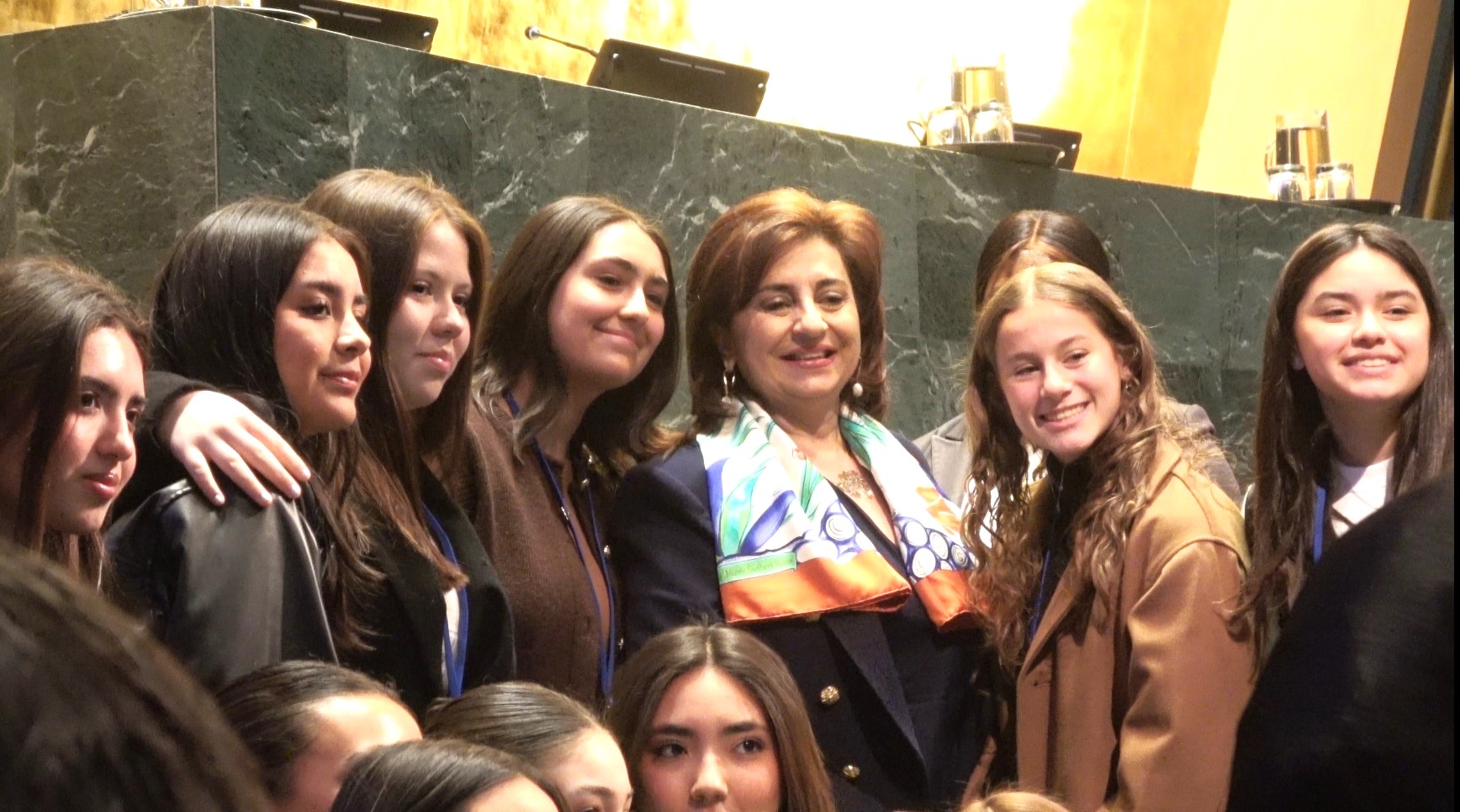
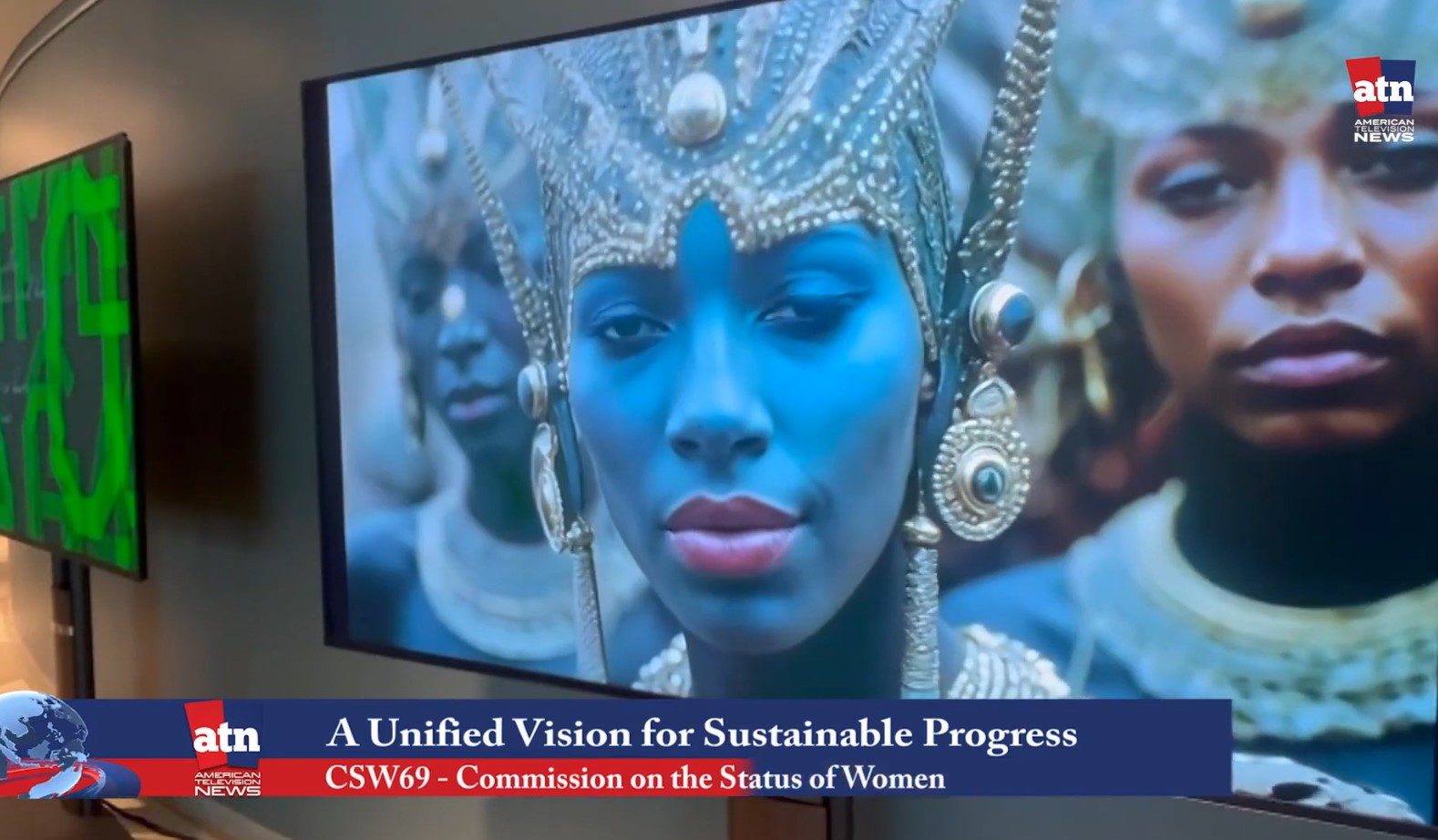
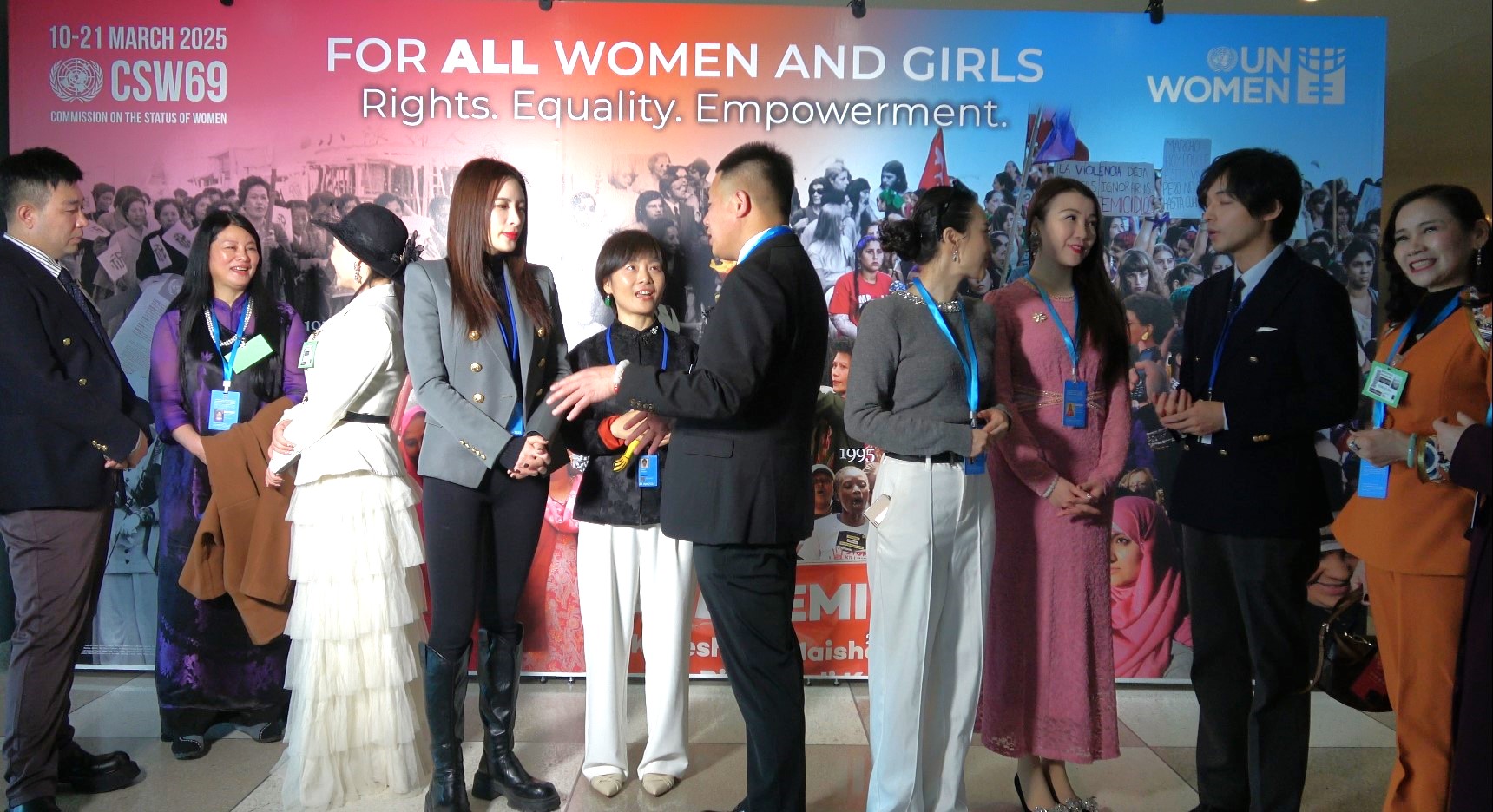
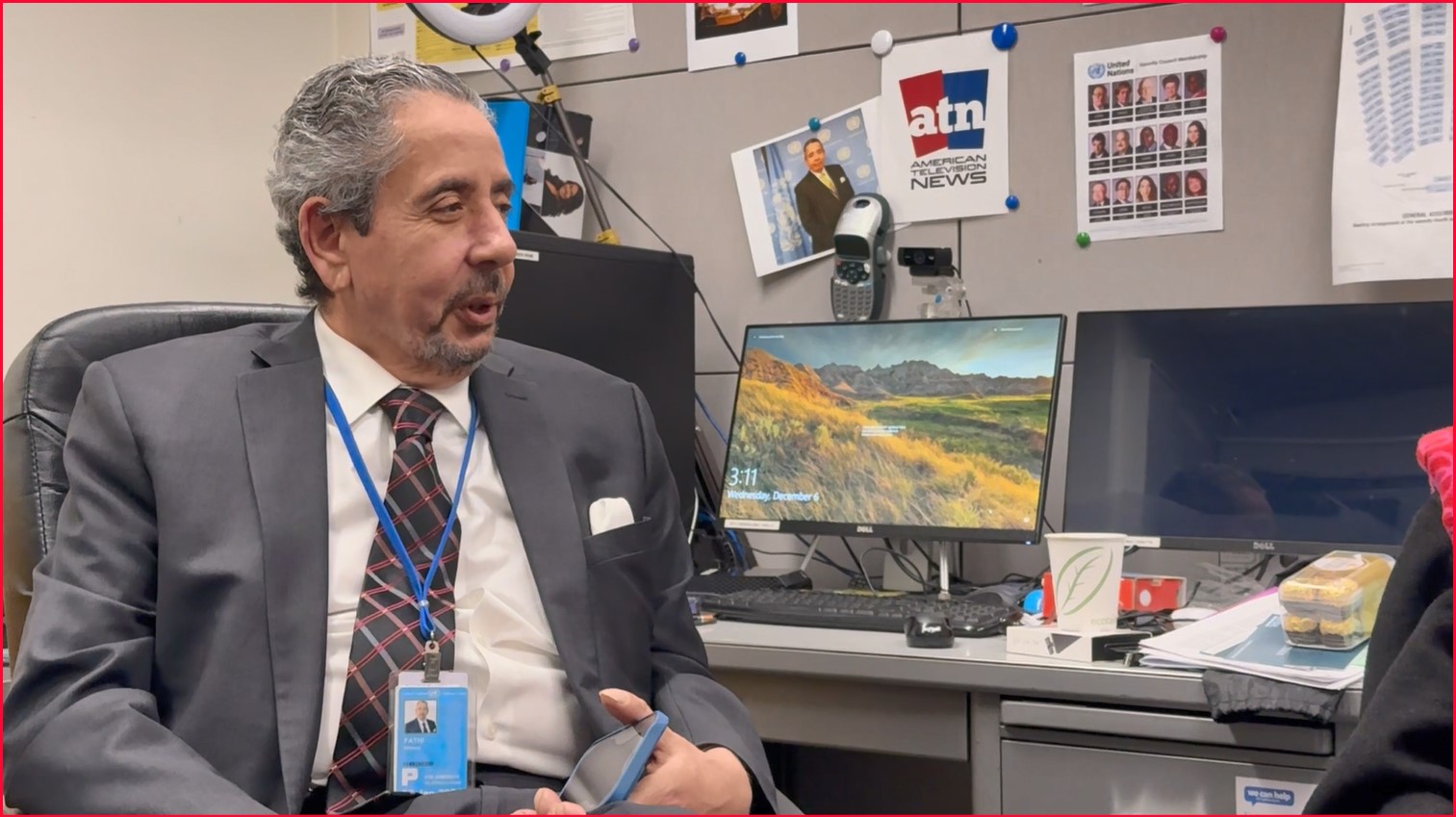
With the journalist’s mission, breaking the myth of “the single story”, we must admit that international media has long been trapped in the “single story” mindset. Ahmed has always been one of the few voices able to break free from this limitation. In this interview, he did not simply depict the Chinese delegation as “women striving in a developing country,” but truthfully presented them as digital platform builders, advocates of spiritual education, cultural content strategists, and global health innovators.
This is a return to journalistic ethics: reporting not to “prove assumptions,” but to “seek truth.” In every frame at the CSW69 venue, Ahmed was doing exactly that—bringing truth back to the narrative scene, allowing women's voices to not only be “heard” but truly “understood.”
The next step for global journalism: from language coverage to cultural connection ATN American Television News is now building a global communication platform with the Celebrity Media Alliance that covers the UN’s six official languages. Ahmed himself is fluent in Arabic, English, French, Dutch, and can converse in Afrikaans. His multilingual reporting is not for showcasing “technical ability,” but out of a deep understanding that language is the entry point to culture. In this report, he especially emphasized: “Chinese female entrepreneurs are not just doing things, they are redefining the language of 'female success.'”
Yes, in their language, there are words like “happiness,” “beauty,” “connection,” and “harmony”—terms often overlooked. Without suitable communicators, these words struggle to take root in mainstream international media. But with his cross-cultural sensitivity, Ahmed has opened a pathway.

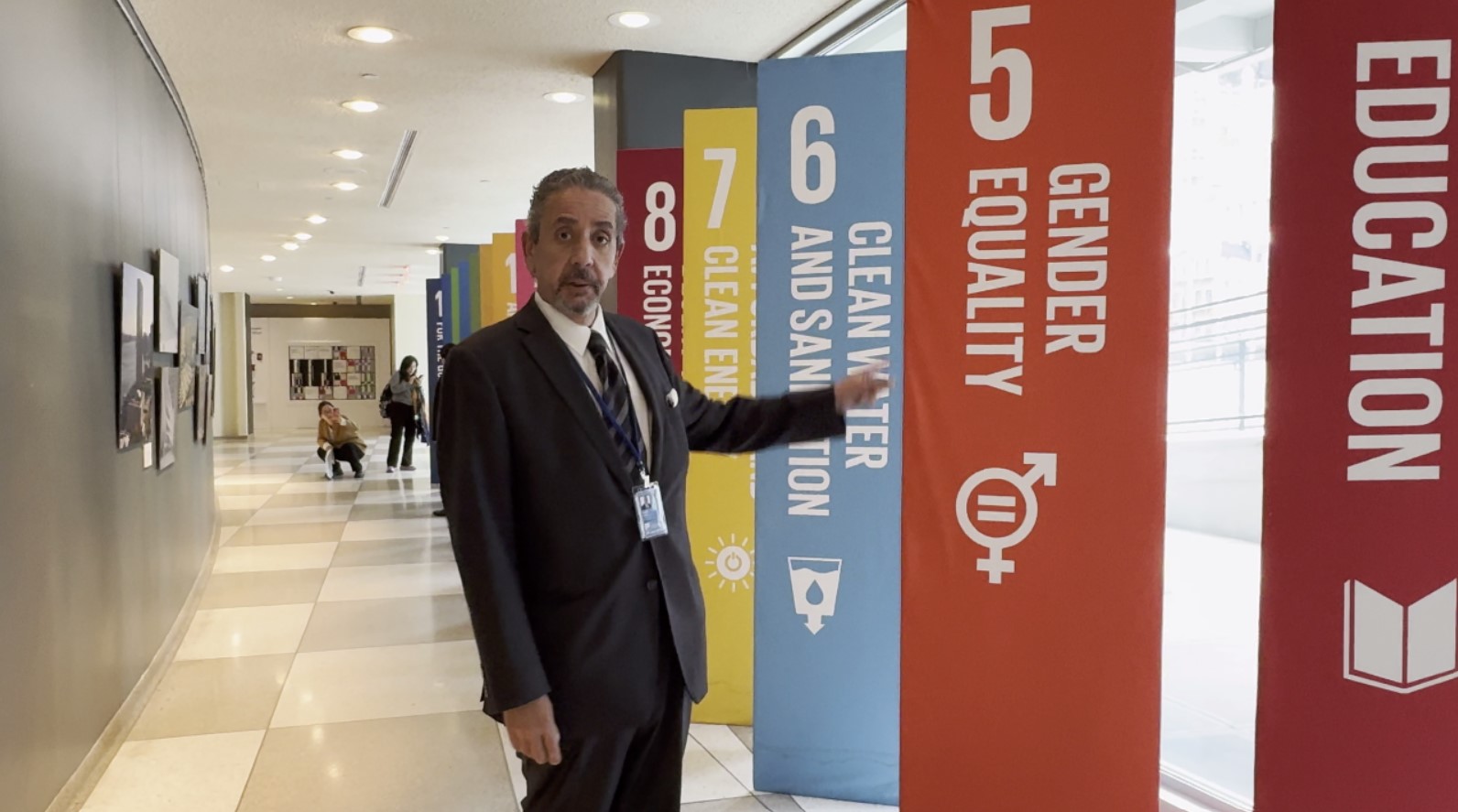
Women’s power through the eyes of a journalist, the rise of women in global communication, The 69th United Nations Commission on the Status of Women is a mirror reflecting the global focus on women’s issues. Ahmed Fathi’s exclusive interview is a pen recording the multifaceted reality within that mirror. He shows how professional journalism can restructure narratives in multilateral diplomacy, making the stories of female entrepreneurs not just “footnotes” but vital chapters in contemporary global development.
In this era of reshaping global narratives, we need more Ahmed-style journalists—with global vision and cultural depth; who stand for facts and respect emotion; who record the present and inspire the future.
The power of information drives progress in gender equality: The 69th UN Commission on the Status of Women is a crucial milestone in the gender equality movement, and media coverage is undoubtedly a vital force advancing this agenda. Through ATN’s comprehensive reporting, global audiences will gain a deeper understanding of CSW69’s achievements and challenges, sparking broader international awareness and action.
